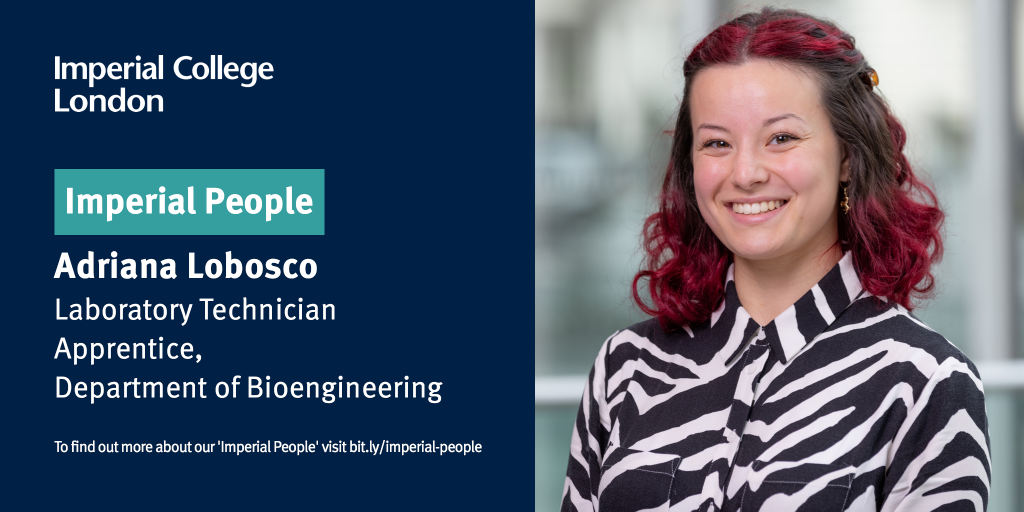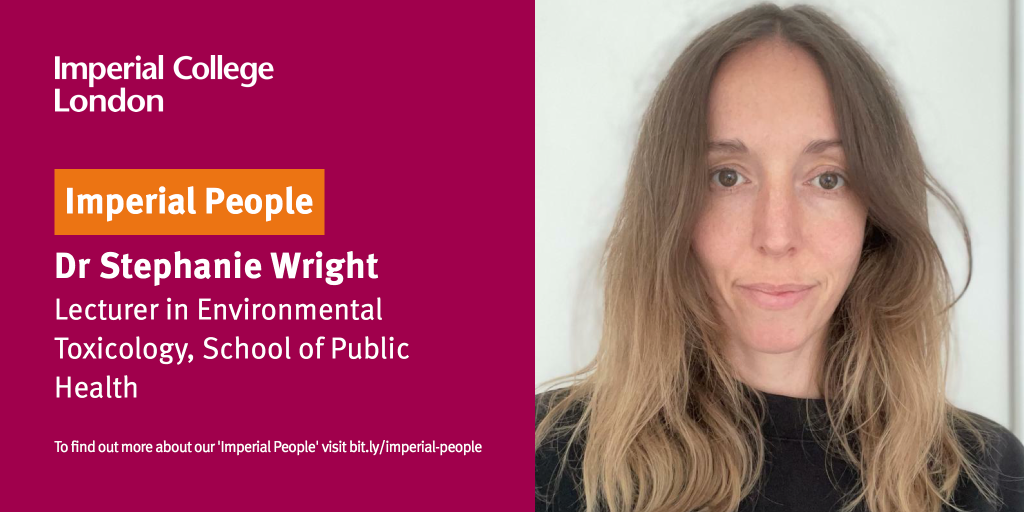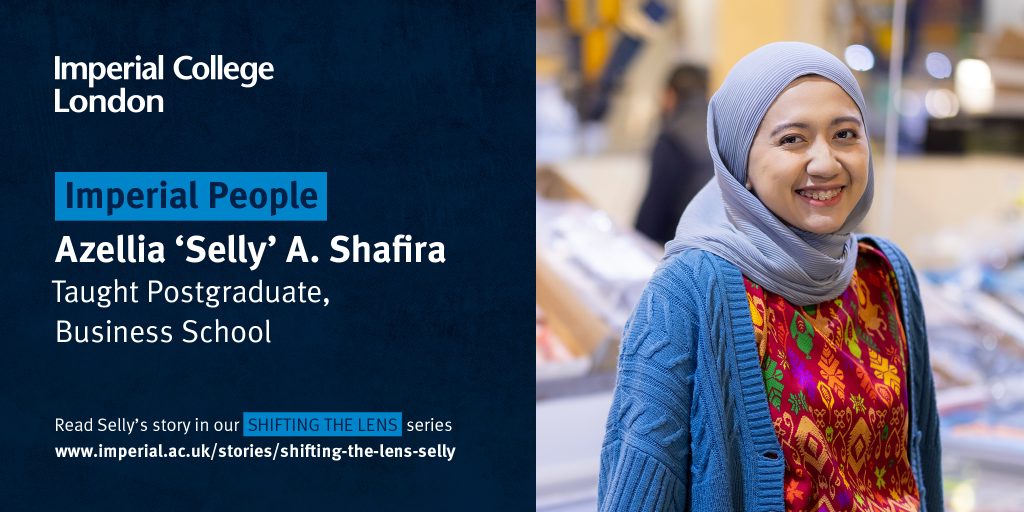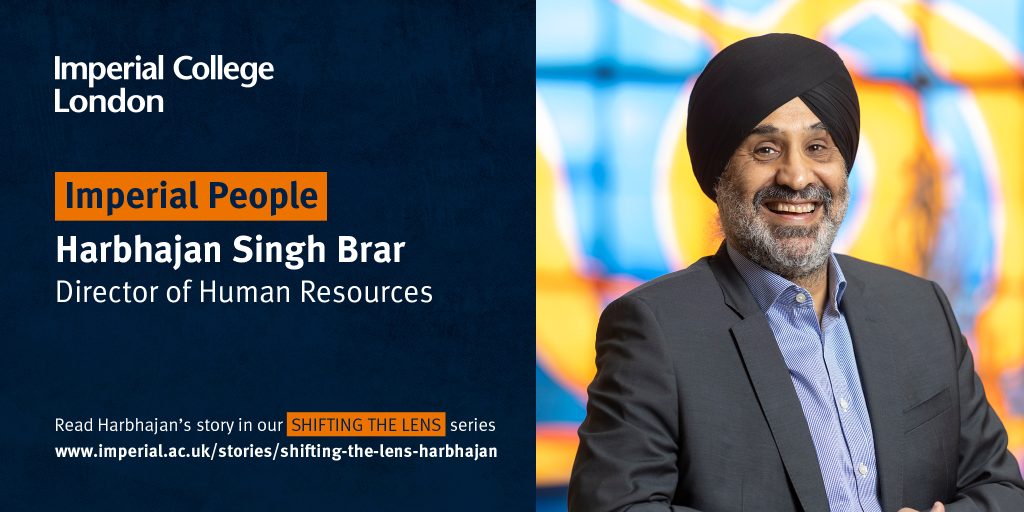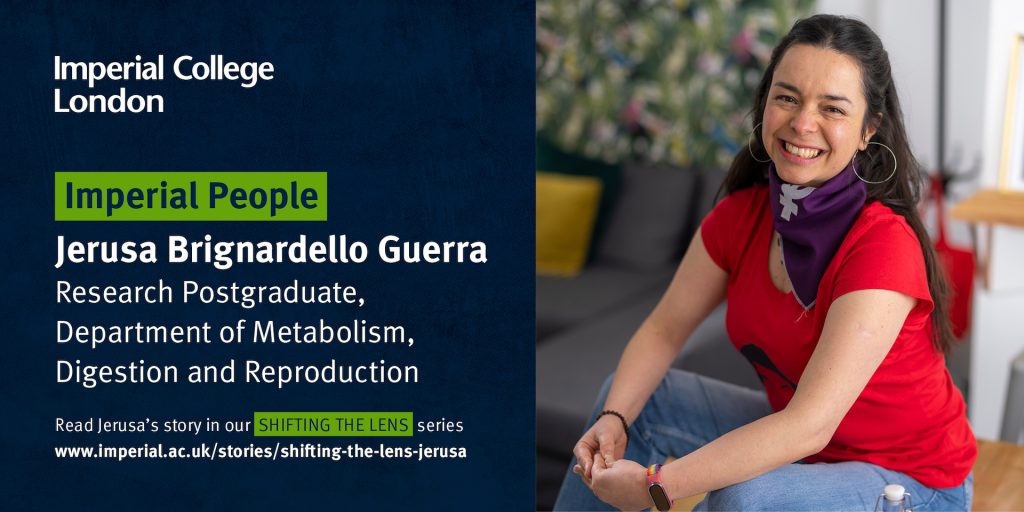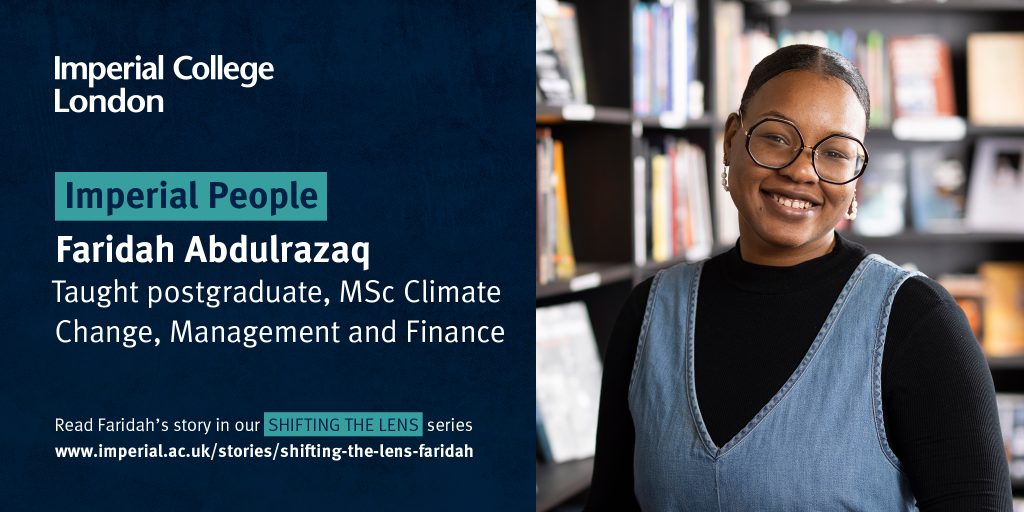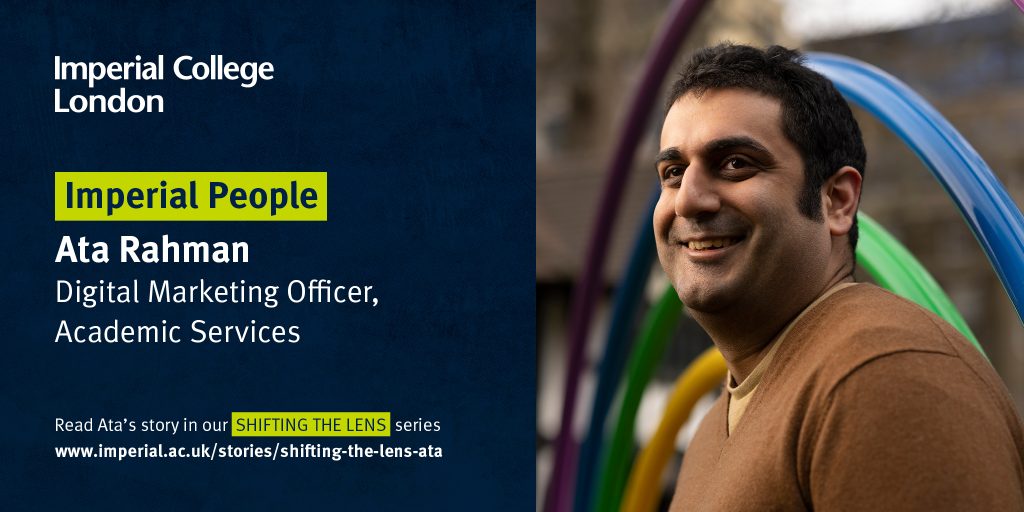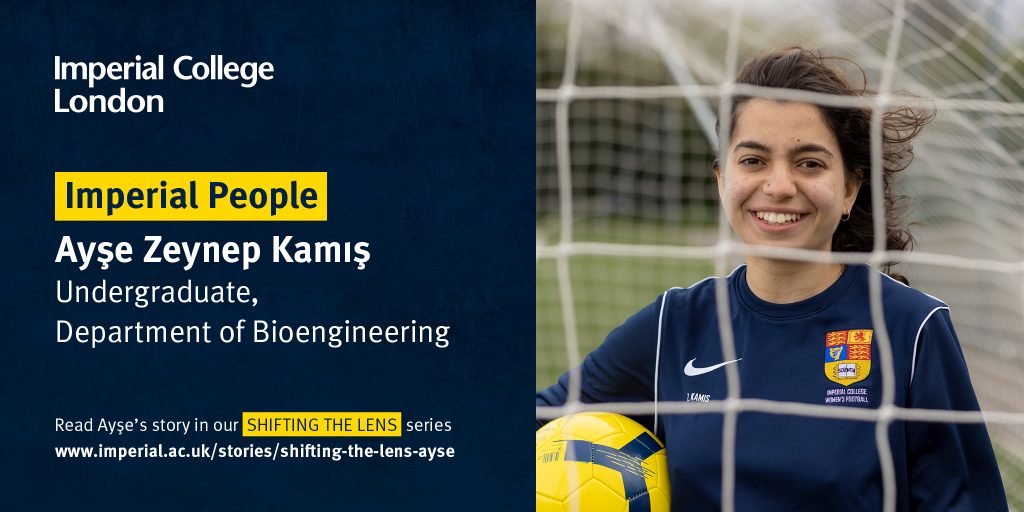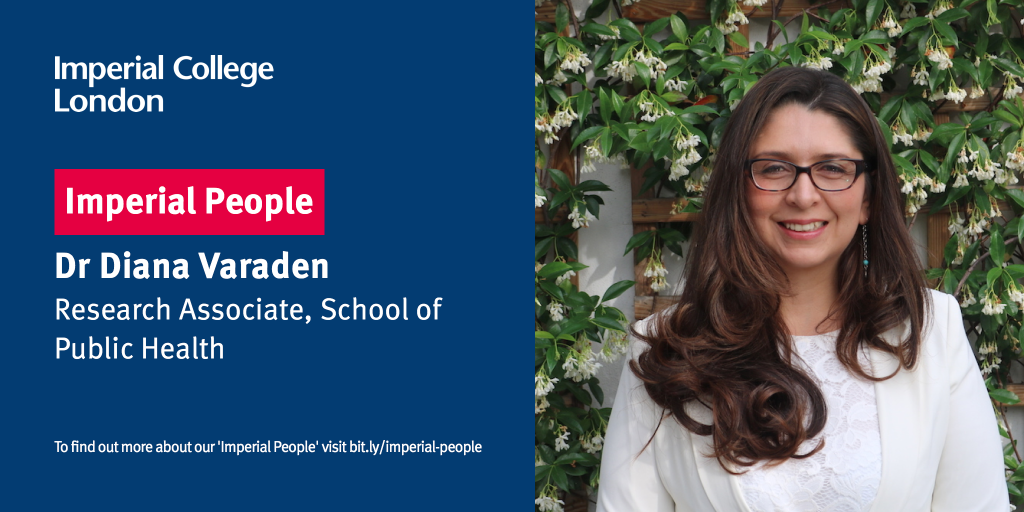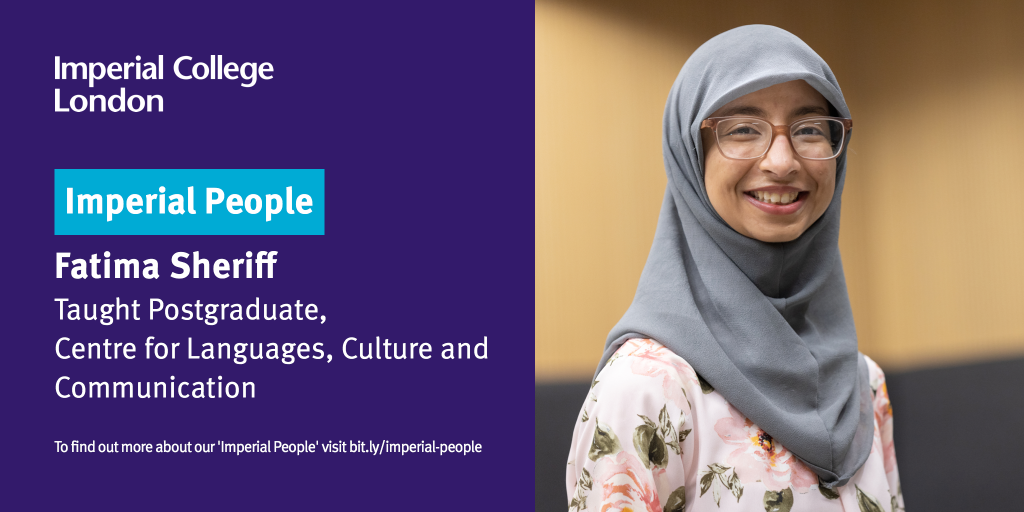“I have always had great admiration for women in STEM careers and now I am in that position myself”
My first dream job was to be a vet – this was quickly vetoed after my sister told me where my hands would end up! After I finished my A-Levels, I spent some time working in retail as a visual merchandiser and then working in the food industry helping to develop new food-to-go products. After realising that I wasn’t enjoying my job, I left in search of a science-based role.
Apprenticeships have always appealed to me because I like the hybrid approach of learning and working. Before I came across this apprenticeship, I didn’t think it was possible for me to access a role like this without a degree.
As an apprentice bioengineering technician, my role is varied, and every day is different. I am constantly learning new things and putting them into practice.
